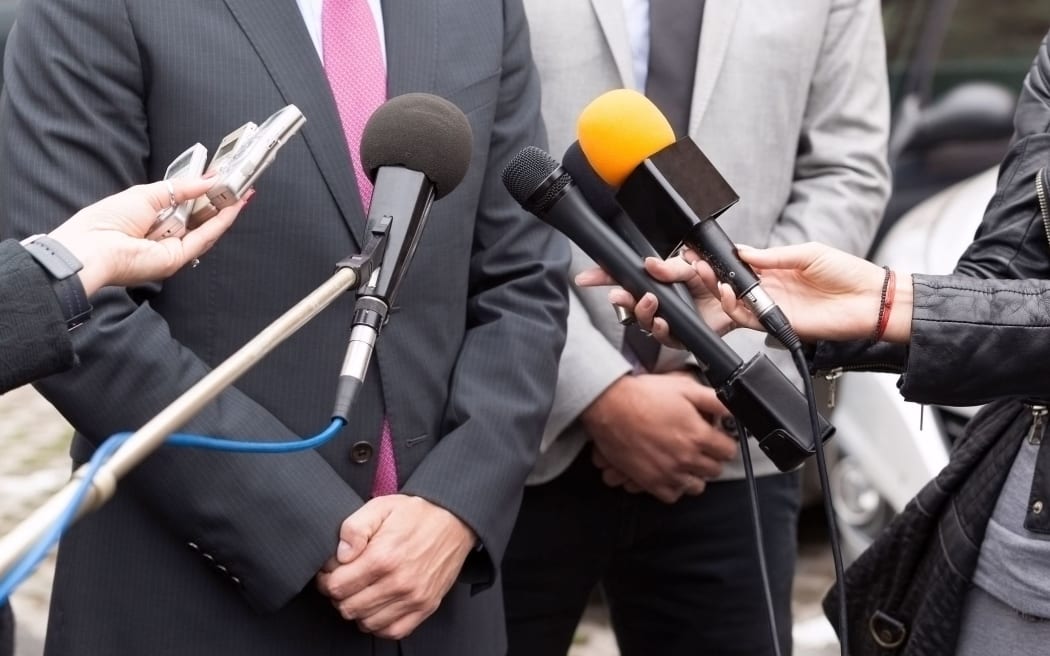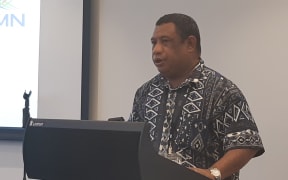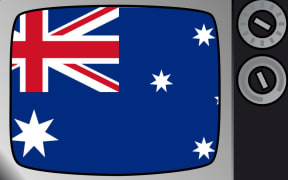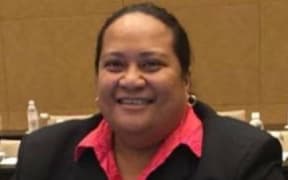A new anti-corruption regional media group hopes to strengthen checks and balances around good governance in the Pacific.

Photo: 123RF
The committee was birthed at last week's inaugural leader's summit of the Pacific Islands News Association.
It follows last year's launch of the Pacific Environment Journalist Network which aims to improve reporting on environmental issues, particularly around climate change.
John Hyde from the UN Pacific Regional Anti-Corruption Project is assisting the new committee.
Mr Hyde said environmental reporting is important but said corruption can impact all areas.
"Climate change is sexy. It's a real issue in the Pacific but unless you have got good governance and integrity, all the money, everything that is going to be spent to make climate change more manageable is gonna be lost."
John Hyde said the new committee will train journalists about their rights and tools at their disposal when it comes to reporting on corruption.
Mr Hyde said PINA is realising its role when it comes to battling corruption.
"Every time there's an election in the Pacific, everyone is talking about corruption but people have realised that to actually get change, you have got to have new legislation, new accountability organisations and you have got to inform people about what is really happening."
The head of the Journalists Association of Samoa Rudy Bartley said local reporters need to know they can be protected if they follow the codes of practices attached to organisations like his.
"In the codes of practice we have to go and find the facts, make sure you go and get two sides of the story, make sure it's factual, all the things that will protect you. Of course there is always someone who will disagree with you or attack you but if you follow the code of practice you should be in a comfortable position to say that, print that and have that out."
The President of the Media Association of Vanuatu, Evelyn Toa, is also a member of the committee. She said recently-introduced freedom of information legislation in her country needs to be used more efficiently.
"We have right to information legalisation in place so we shouldn't be scared like before. Now we have the legislation, so media in Vanuatu means we should be able to go and ask information."
But Rudy Bartley points to cultural and family links providing challenges.
"Maybe the biggest challenge for media people in Samoa, because it's such a small place, everyone knows each other, everyone is related. It's difficult but sometimes, to be professional, you leave you family or friends or whatever on the side and you do the work. You do what's right."
Circumstances are even more complex in smaller island nations like Niue. Local MP Michael Jackson also owns the Niue Star newspaper and sits on the board of Niue Broadcasting. He said it is typical for people to have to take on a number of roles. He said this can work if people are up front and transparent.
"Like in my case, if I go and get a story from the Premier, the Minister and at the same time I am also a Member of Parliament, I have to take one hat off and put another one on. As long as we understand each other."
John Hyde said past workshops and discussions have pointed to culture as sometimes being used as a cover for corruption.
"After the talanoa, after the discussion, people are saying that the corrupt things that are happening are actually against our culture and the people that are trying to use culture as an excuse for bribery in the guise of gift-giving, they are actually corrupting our traditional practices."
Mr Hyde said resources and training will be steered towards training for anti-corruption reporting.





